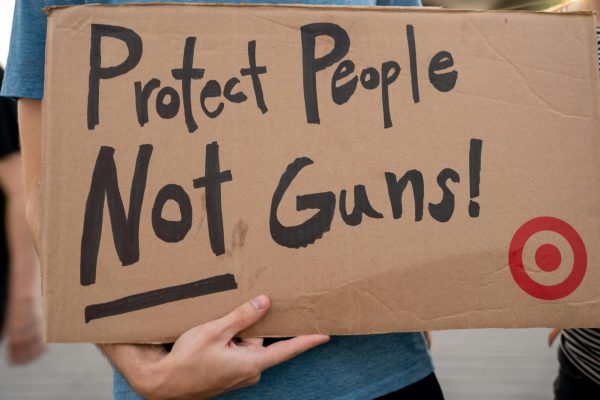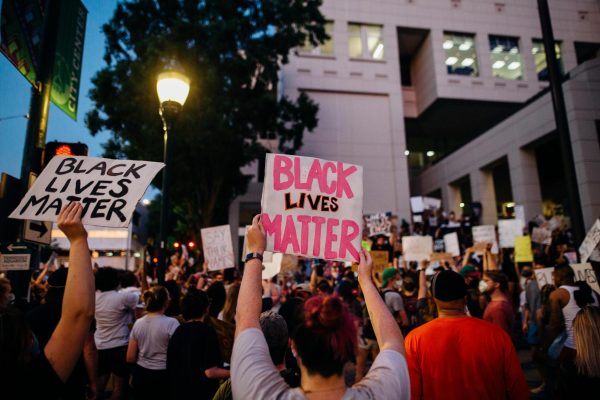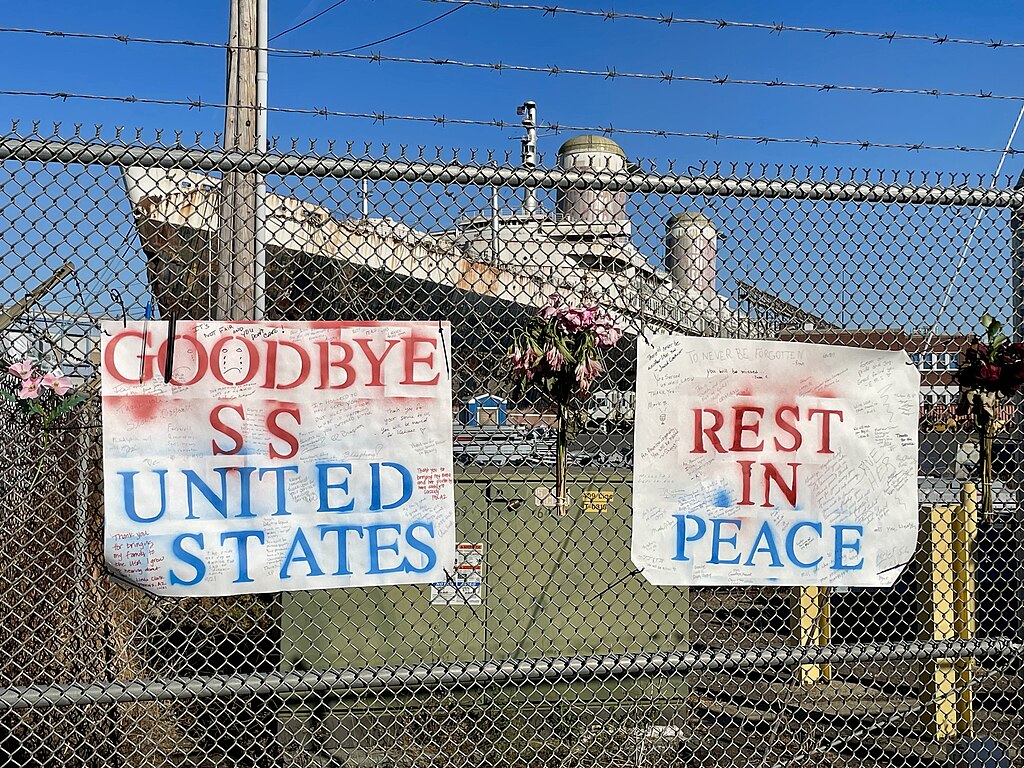Within recent years, protests have become incredibly prominent on college campuses. Students, professors, and young activists have taken stances on issues such as gun violence, international conflicts, and racial inequality. While intended to create positive change, some of this activism has been heavily criticized by universities, the news, and in some cases has resulted in violence. Students deserve to be heard, and should continue to voice their opinions, as long as it doesn’t hurt others or prevent them from accessing their education.
While protesting has seen a dramatic surge in the past decade, the idea of college activism is not new. In the 1960s, students were outraged with the US government and their involvement in the Vietnam War. The first official protest took place at the University of Wisconsin in 1963, where students protested the draft. As the years progressed, more and more student gatherings were held. As these sit-ins, anti-draft and anti-war protests continued, the demonstrators were met with violence and police brutality. While the government received backlash for their methods to ending the protests, they also received support from Americans who “felt the demonstrations were ‘acts of disloyalty’ against the soldiers in Vietnam” (American Experience). Thus, it’s over 60 years later and the questions and conversations regarding the rules on student protests continue.
The US has seen a wide range of issues being protested. While all of them should be looked at with equal interest and concern, a topic that seems to strike a rather tender and emotional chord is gun violence in America. Beyond the numerous shootings in grocery stores, places of worship, and clubs, school shootings have grabbed the attention of millions of Americans. After the Parkland High School shooting in 2018, massive anti-gun violence demonstrations were held.

This included the rallies organized by the March for Our Lives movement, the biggest being 800,000 people marching in Washington DC. While the horrifying and ongoing shootings in the US generally invoke sympathy from the public, other topics haven’t been treated with the same sentiment.
Is this because other issues are less important? Absolutely not. Other controversial matters, such as racial injustice, women’s rights, and recent international conflicts, have been stirring arguments for centuries, and sympathy or room for understanding seems to have been lost along the way. Some of the most significant demonstrations of these issues have taken place on college campuses.
As a part of the Black Lives Matter movement, many student advocacy groups requested regulations on police presence on college campuses. Mixed responses from universities indicated that the problem isn’t just higher education or the government, but public opinion.

New Lines Magazine wrote that “conservatives are alarmed by today’s protesting college students. They denounce this generation as ‘woke’ and lay the blame on TikTok, Marxist professors and diversity, equity and inclusion policies in schools and colleges”. We understand that the publics opinion of college activism is one that delegitimizes what these students are fighting for.
Not only is protesting used as a way of being heard and creating change in the world, but it can be used as a valuable learning experience. Universities should strive to produce students who exceed in both their cognitive and social and emotional skills. Student led and organized demonstrations give young people opportunities to work with one another and develop skills in leadership, communication, and problem-solving. Aharon Dardik, the head of Jews for Ceasefire at Columbia advocates for peaceful conversation regarding the Israel-Palestine conflict. He told Moment Magazine that this approach has “allowed Jews for Ceasefire to take a sort of unique de-escalatory role” and stated that “this has to be a two way conversation”.
On the other side of the issue, pro-Palestinian groups are working to carefully and strategically organize demonstrations that get their message out. Protesting is not only an attempt to spread a message, but it can be an empowering way for younger generations to find a community of their own.
A common argument made by students, is that the law enforcement and regulations put in place violate the students right to freely speak, or in broader terms, infringes on their freedom of expression. While this right should not be used as an excuse for unlawful or violent behavior, it should be taken seriously when used correctly. Students are the young adults and future of America, and their constitutional rights should be respected just as much as anyone else’s.
Universities are places where young people learn and grow. The best thing that a university can teach a student is how to find their voice and use it.








